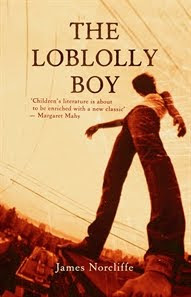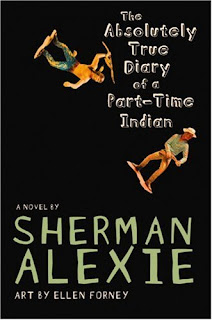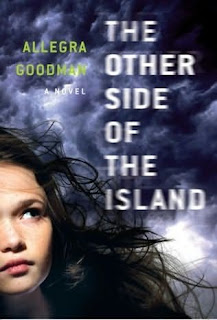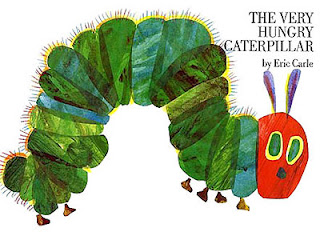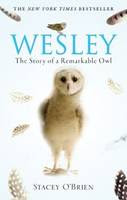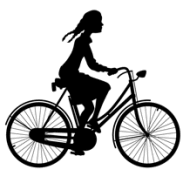
In no particular order:
1. Mia in If I Stay by Gayle Forman
2. Daisy in How I live Now by Meg Rosoff
3. Gemma in Stolen by Lucy Christopher
4. Kaitness in The Hunger Games by Suzanne Collins
5. Miranda in Life As We Knew It by Susan Beth Pffefer
5. Micha in Liar by Justine Larbalestier
6. Deryn in Leviathan by Scott Westerfield
7.Flavia in the Sweetness at The Bottom Of The Pie by Alan Bradley
8. Lisbeth in The Girl Who Kicked The Hornet's Nest by Stieg Larsson
9. Kate in What Was Lost by Catherine O'Flynn
10. Precious in Tea Time For The Traditionally Built by Alexander McCall Smith
So what do all these characters have in common? For me they have the ability to show female readers that girls can: survive, be active, find humour in adversity, show the boys a thing or two and importantly be strong and loving (often at the same time!)
I'm reading some adult stuff at the moment, Wolf Hall is keeping me pretty busy! And I'm off to beautiful Tasmania on Monday, but I'll be back soon with more reviews and hoots :)
All the best for all your reading in 2010,
Barking Owl









